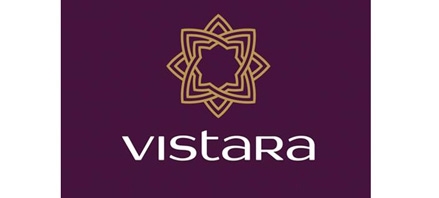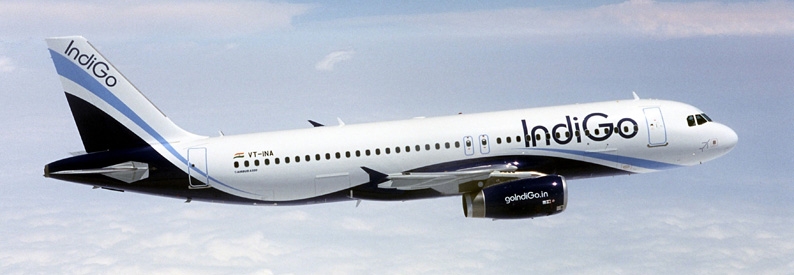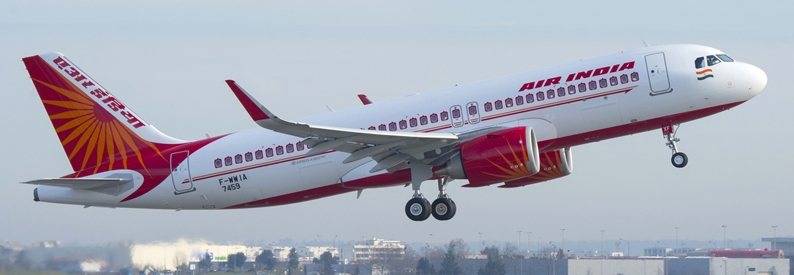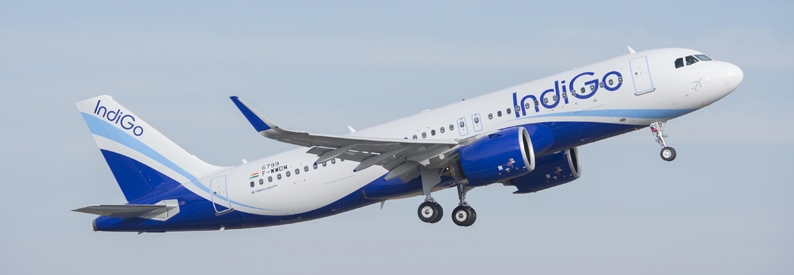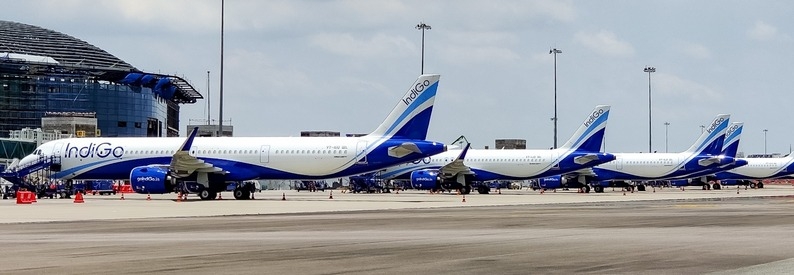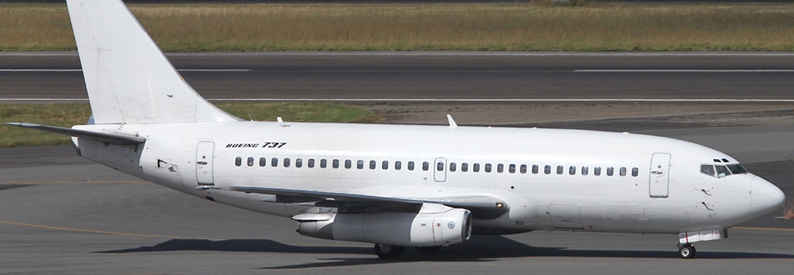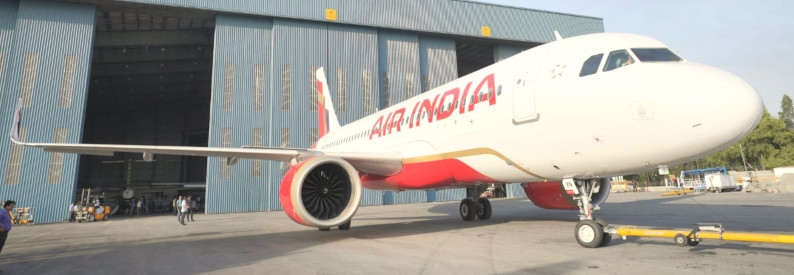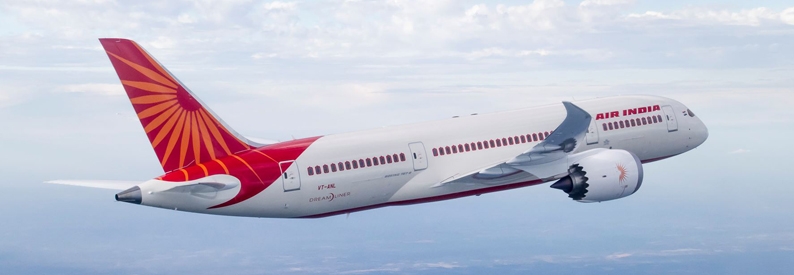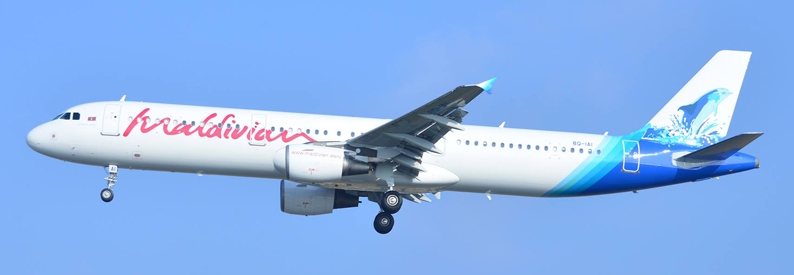Vistara (Delhi International) has announced it will launch scheduled services between Delhi International and Tokyo Haneda on June 16, 2021, benefitting from the travel bubble established between India and Japan.
"The Far East has been an extremely important geography for our global expansion from the beginning for its tremendous growth potential. We are delighted to add Japan to our international network, under the travel bubble," Chief Executive Leslie Thng said.
The Indian carrier, a 51/49 joint venture between Tata Sons and Singapore Airlines Group, will initially ply the route weekly using its three-class B787-9s.
Tokyo will be Vistara's third long-haul destination after London Heathrow and Frankfurt International and its first in the Far East. The airline's Asian international network currently comprises Dhaka, Kathmandu, Colombo International, Doha Hamad International, Dubai International, and Sharjah.
The India-Japan market is currently served by ANA - All Nippon Airways, JAL - Japan Airlines (both of which connect Haneda to Delhi) and Air India (which flies from the Indian capital to Tokyo Narita), the ch-aviation Commercial Aviation Operator Schedule Data module shows.
